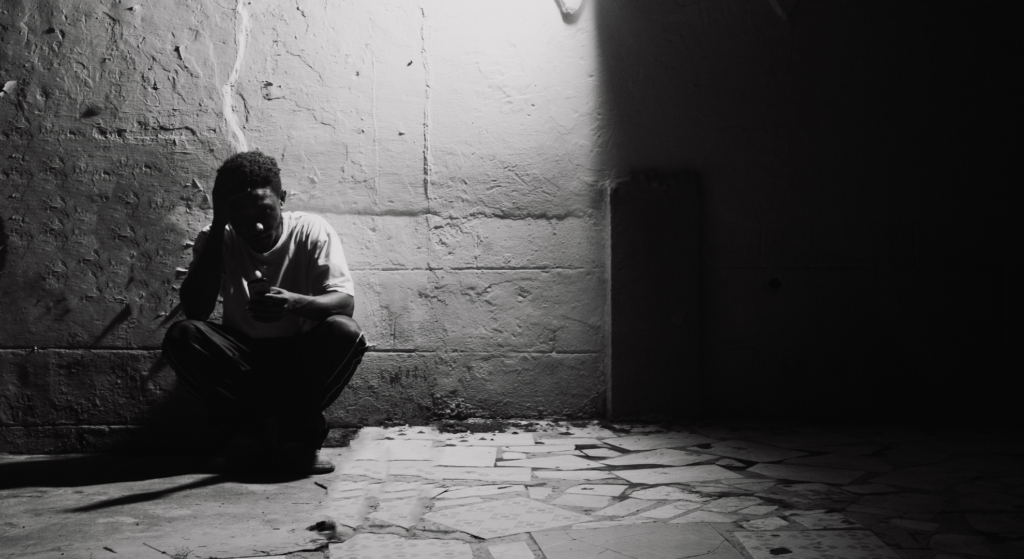Silent Retreats: Exploring Male Loneliness
In the intricate fabric of human society, men often find themselves constrained by expectations of stoicism, pragmatism, and emotional suppression, particularly in times of adversity. Any deviation from these societal norms is often perceived as weakness, unmanliness, or simply unacceptable. While the definition of masculinity may vary across different cultures, the common threads of physical and mental strength, as well as the roles of provider and protector, are consistent themes.
The Ghanaian Experience: A Stoic Upbringing
Growing up in Ghana, I was immersed in a culture where the expression of emotions or seeking help was not only discouraged but met with disdain. Phrases like “Barima NSU” (a man does not cry) and “Wed NY3 Barima?” (Are you not a man?) were not just words but mandates that reinforced the suppression of feelings. This cultural background led many, including myself, to bottle up emotions, resulting in internal turmoil as vulnerability was not an option. Silent retreats offer a way to find solace in the face of these challenges.
The Pressure to Succeed
The value of a man is often measured by his career success. Societal expectations dictate that climbing the corporate ladder and providing for one’s family are not just goals but benchmarks of achievement. The failure to meet these standards can lead to profound feelings of inadequacy, pushing men to extremes, from engaging in risky behaviors to contemplating suicide. According to the International Association for Suicide Prevention, men are twice as likely to die by suicide, largely due to existential fears and societal pressures. Silent retreats can provide a much-needed respite from this overwhelming pressure.
My Struggle with Society’s Expectations
Faced with these pressures, I found myself suppressing emotions, only to confront growing anger and resentment later on. This realization was a turning point for me, prompting me to address these feelings before they became overwhelming. Silent retreats played a pivotal role in my personal transformation. While social media has shed light on these issues, it has also exacerbated them. The curated portrayal of success online can magnify feelings of inadequacy when reality falls short, making silent retreats a valuable tool for introspection.
A Shared Predicament
In moments of reflection, I began to wonder if my struggles were unique. Conversations with colleagues revealed a shared narrative; even the most successful individuals grappled with these societal pressures, highlighting the universality of this burden across different socioeconomic strata. Silent retreats often unveiled our shared experiences.
“Silent Retreats” emerged from these personal and collective insights. This photography project aims to recognize the often overlooked emotional well-being of men due to societal constructs, encourage discussions about modern masculinity, and advocate for a cultural shift towards embracing emotional openness in men. Beyond just photography, “Silent Retreats” is a call to action. By visually exploring the inner loneliness of men, it seeks to break the silence surrounding men’s mental health issues. This project strives for a world where being a man does not equate to suffering in silence. Through this work, I aim to spark a conversation that redefines masculinity, celebrates vulnerability as strength, and empowers men to seek help, share their struggles, and heal openly.
“Silent Retreats” is a photography project by Nana Asomanii that transcends mere visuals; it is a movement towards reshaping societal norms and fostering a culture of emotional openness and support among men.

